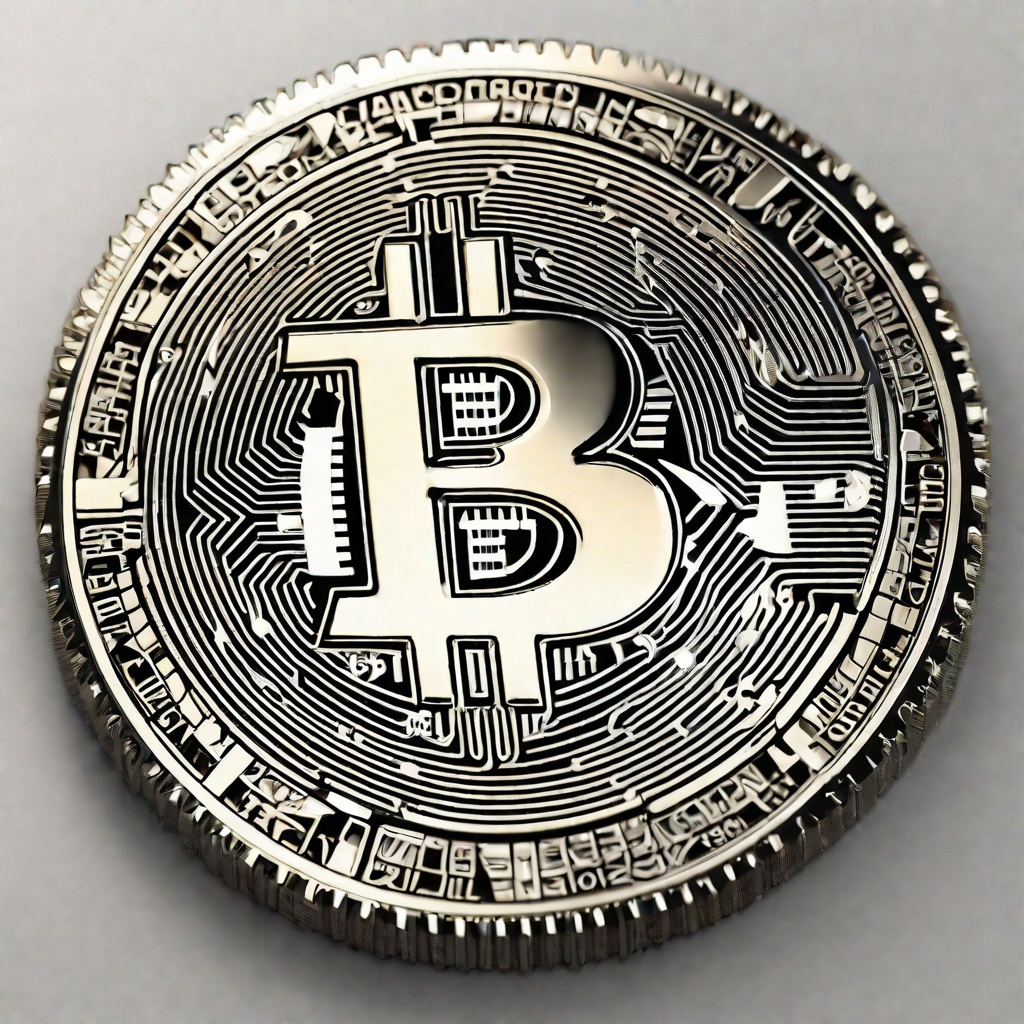Can cryptocurrencies become a part of everyday life?
As a keen observer of financial trends, I often ponder: can cryptocurrencies truly become a part of our everyday lives? With their decentralized nature and potential for rapid growth, they seem to offer a unique alternative to traditional currencies. But the question remains: are they practical for everyday use? Could we see a future where paying for groceries or booking a flight is done with Bitcoin or Ethereum? Or will the volatility and lack of widespread acceptance continue to hinder their integration into mainstream society? It's a fascinating debate, and one that's sure to shape the future of finance as we move forward.

Why do Africans use crypto in everyday life?
Why do Africans embrace cryptocurrency as a daily tool? Could it be due to the lack of robust traditional banking systems in many African countries, making crypto a more accessible and convenient option? Or perhaps it's the appeal of cross-border transactions with lower fees, especially for those in remote areas? Could it be the potential for financial inclusion, giving those without bank accounts a chance to participate in the financial system? With its decentralized nature, crypto also provides Africans with a degree of financial autonomy and security in an otherwise unstable environment. So, why are Africans choosing to incorporate crypto into their daily lives? And what implications does this trend have for the future of finance in Africa?

